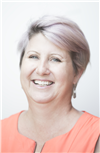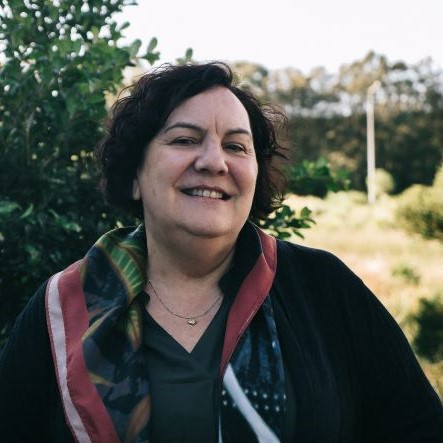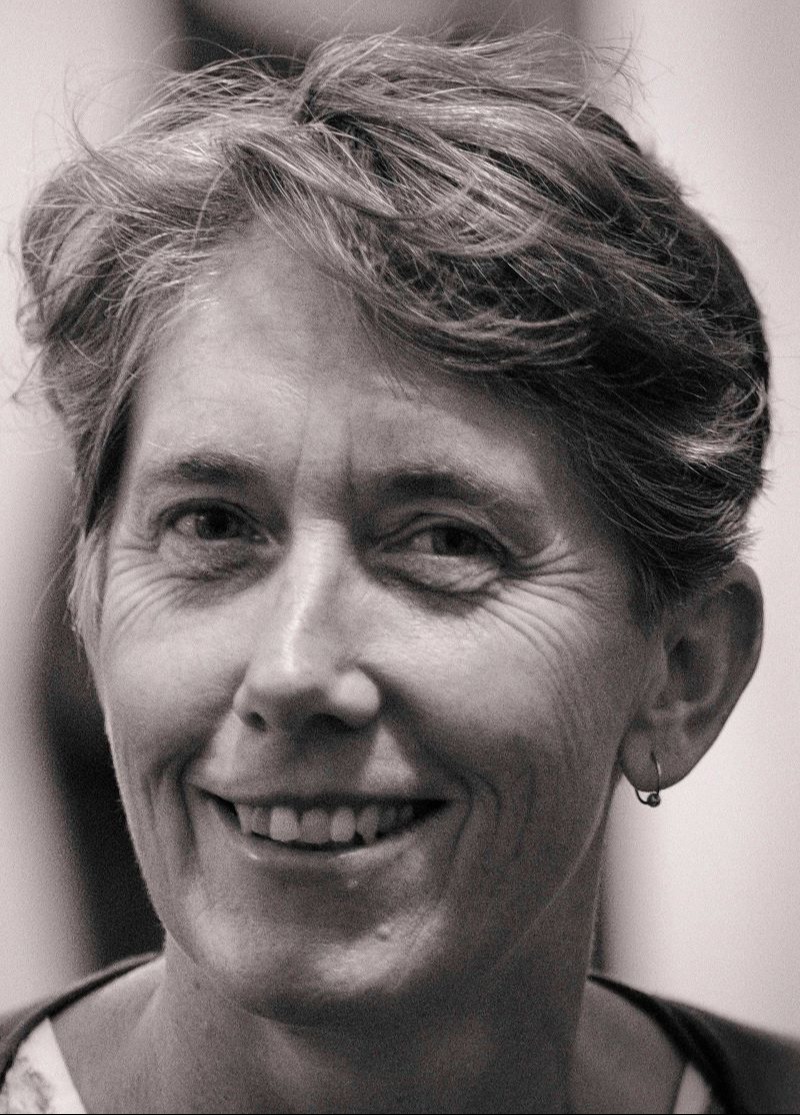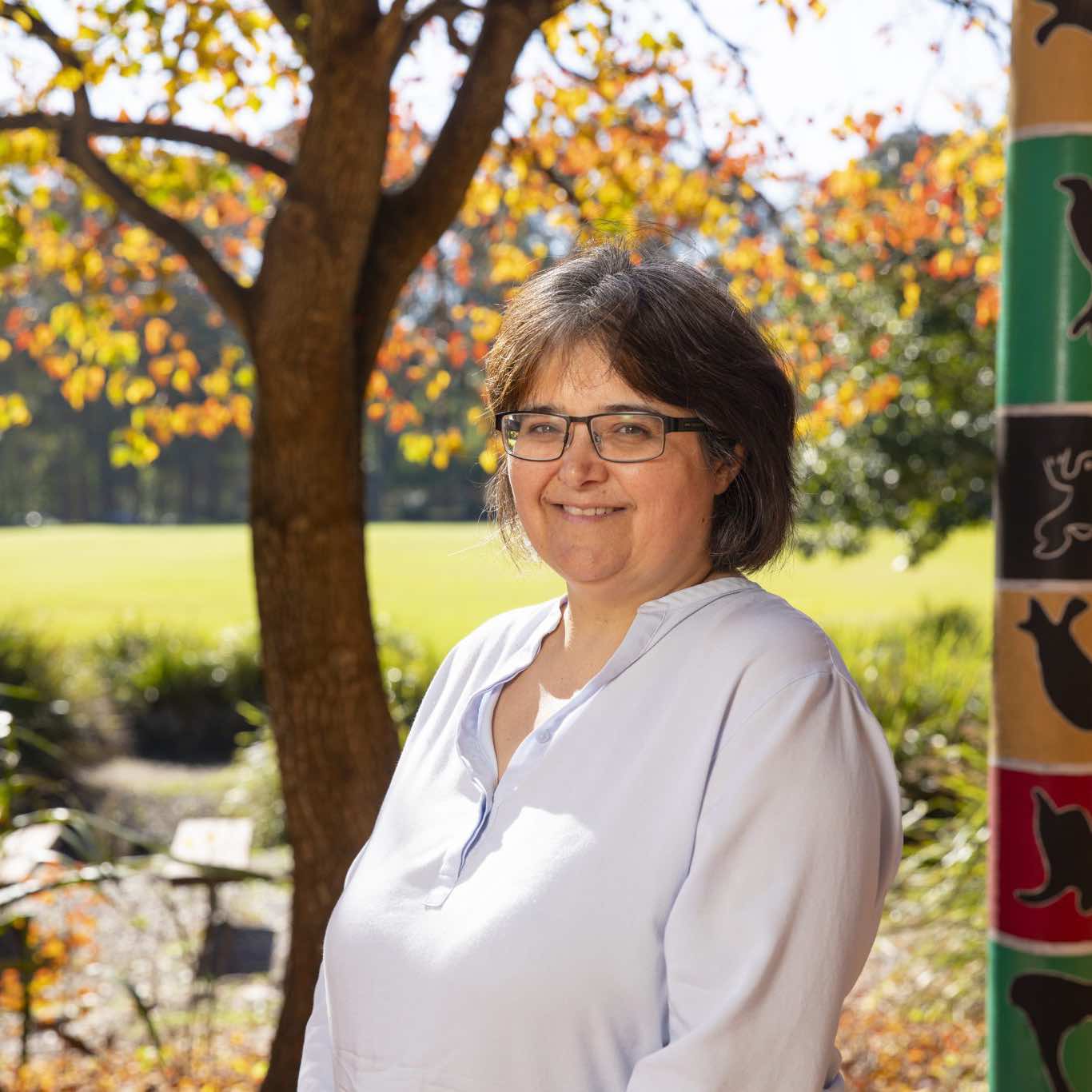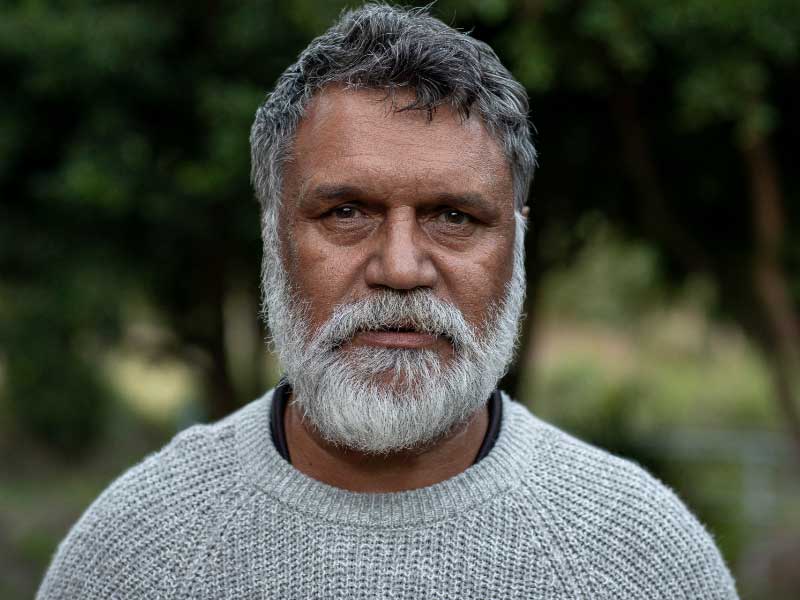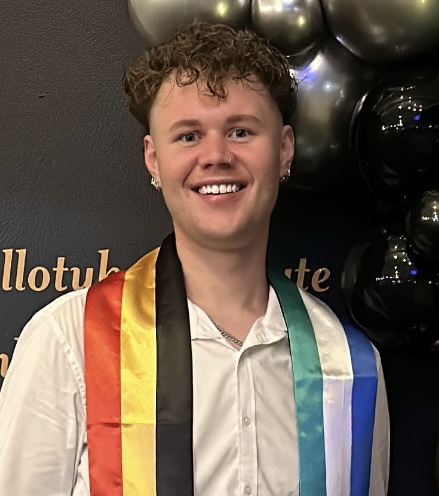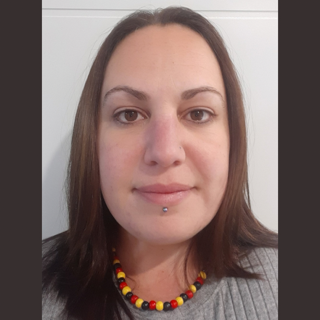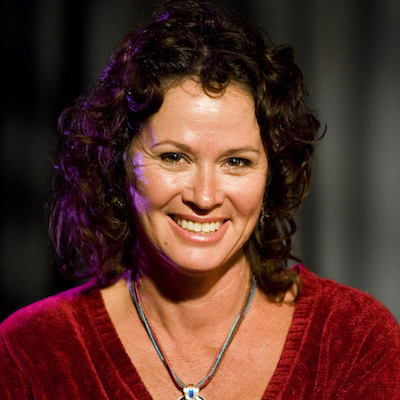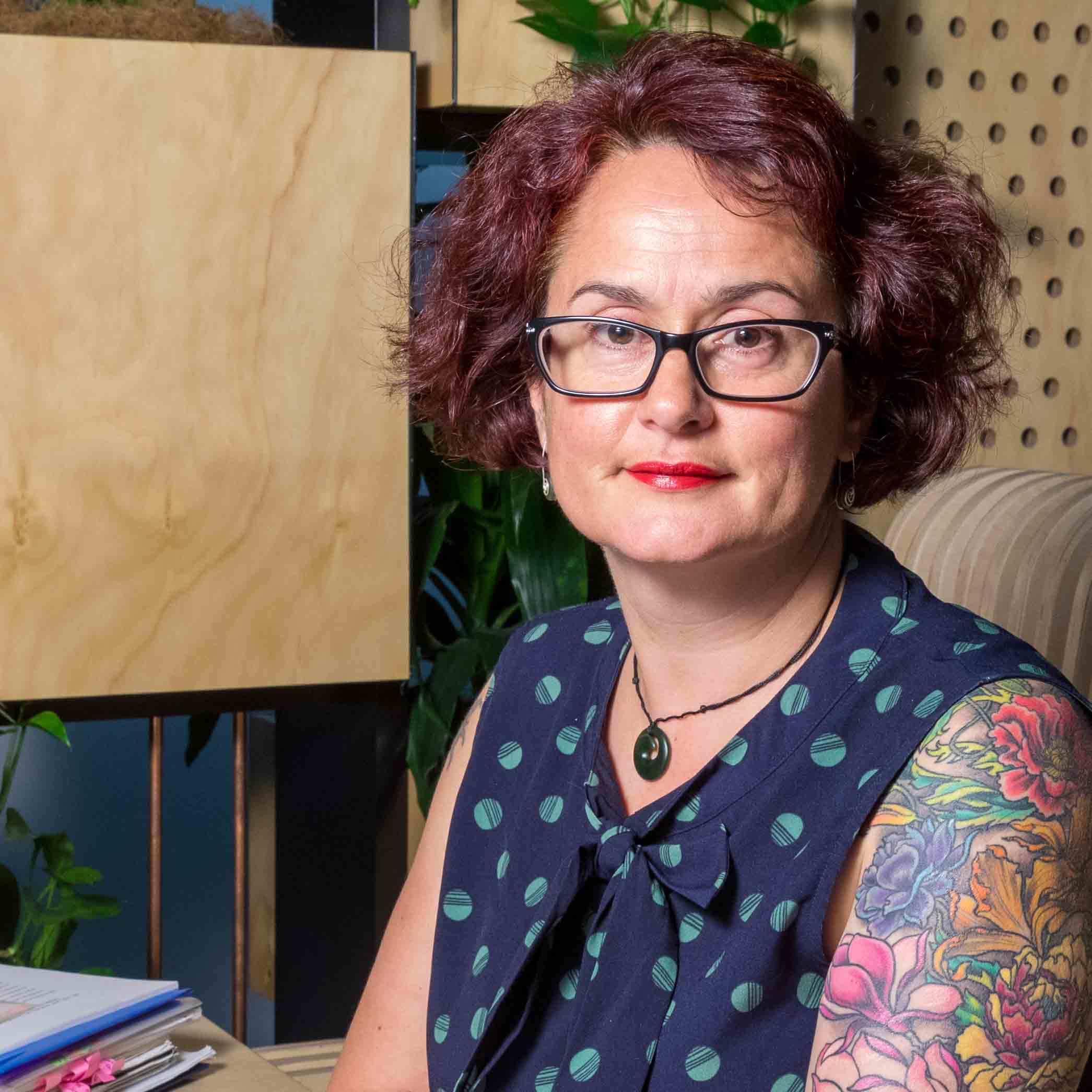
Truth Telling: A History of Indigenous Australian Education in New South Wales
The education of Indigenous Australians is a story of neglect, exclusion, segregation, assimilation and denial. It is also a story of resilience, recovery and innovation where, for centuries, cohorts of Indigenous Australians campaigned for access to ‘white man’s school’ as well as continuing their children’s cultural education under repressive conditions.
A cross-institutional research collaboration with the Department of Education (DoE) will delve into the provision of education for Indigenous Australians by the department from colonisation to the current day.
Working closely with the department’s Reconciliation Action Plan (RAP) team, Purai Global Indigenous History Centre will take a critical look at what the department has done in the past, and what needs to be done now and into the future to advance reconciliation and build meaningful connections with NSW Aboriginal communities.
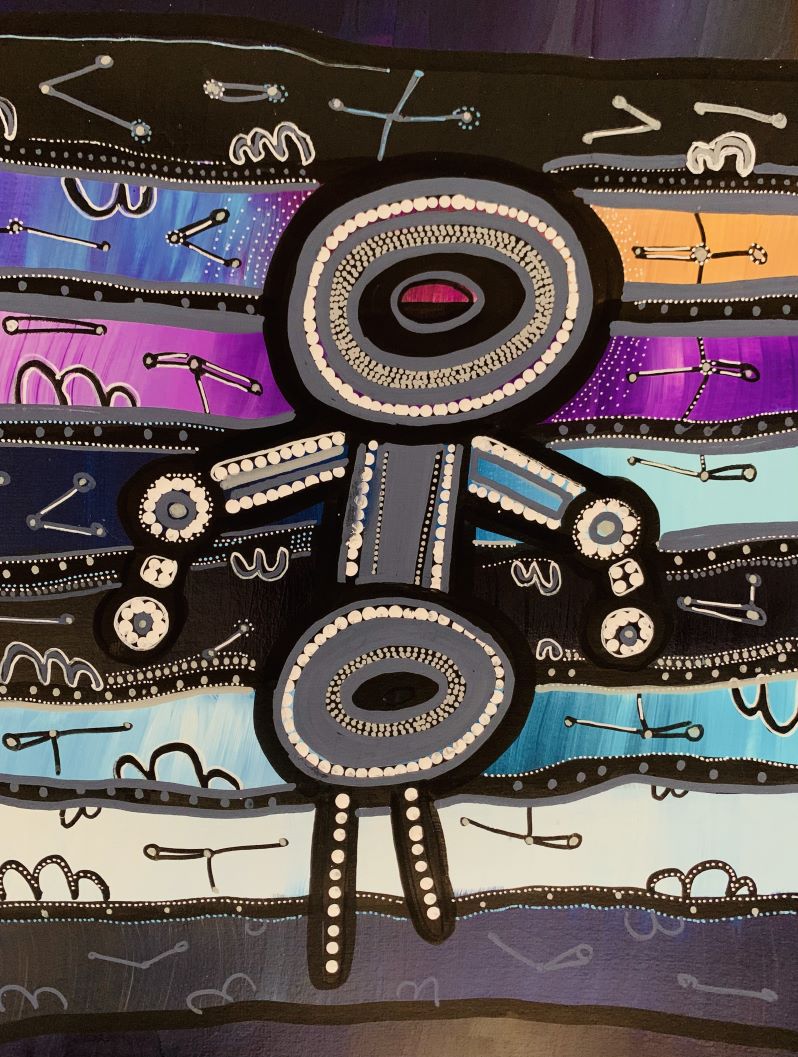
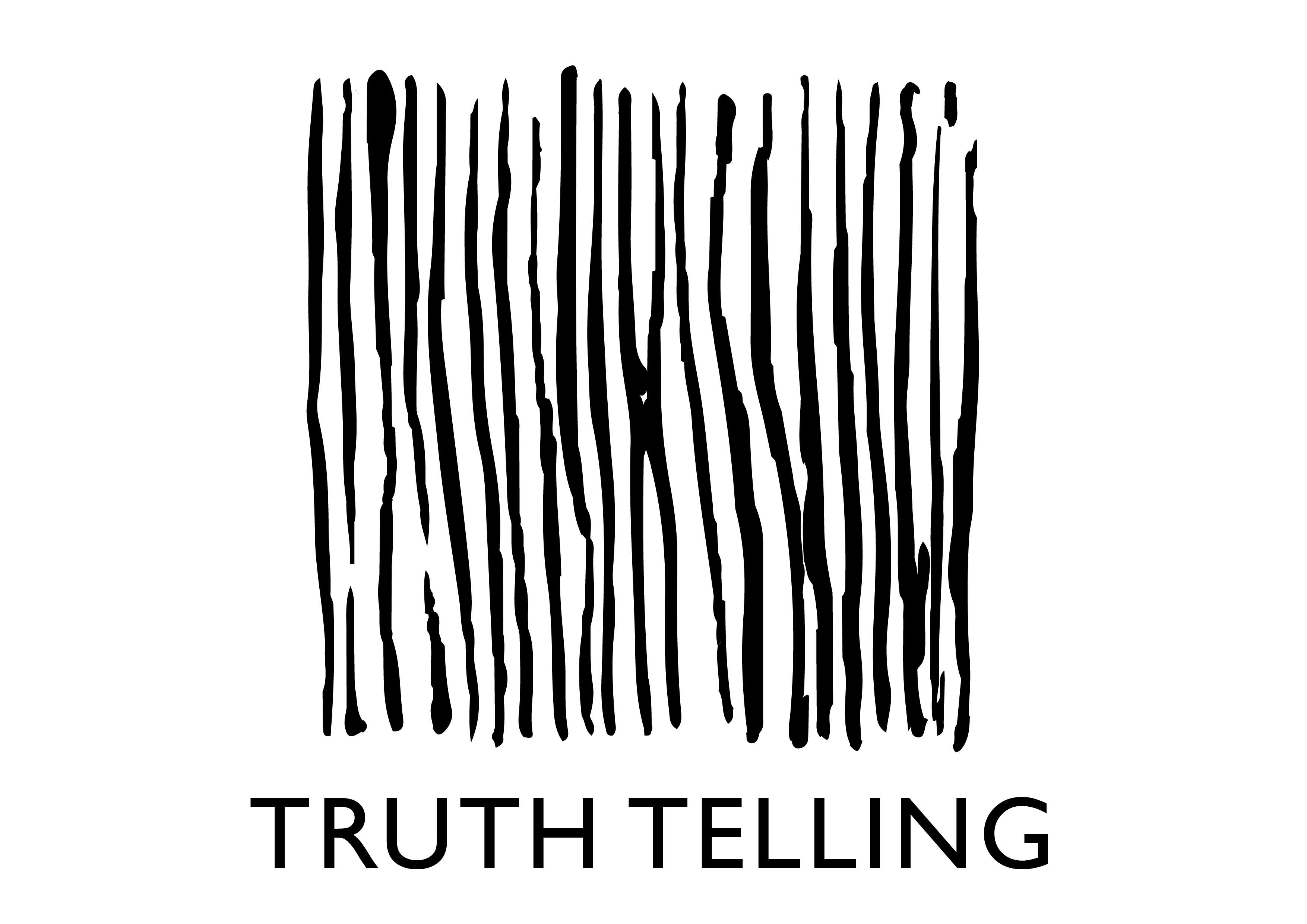 | 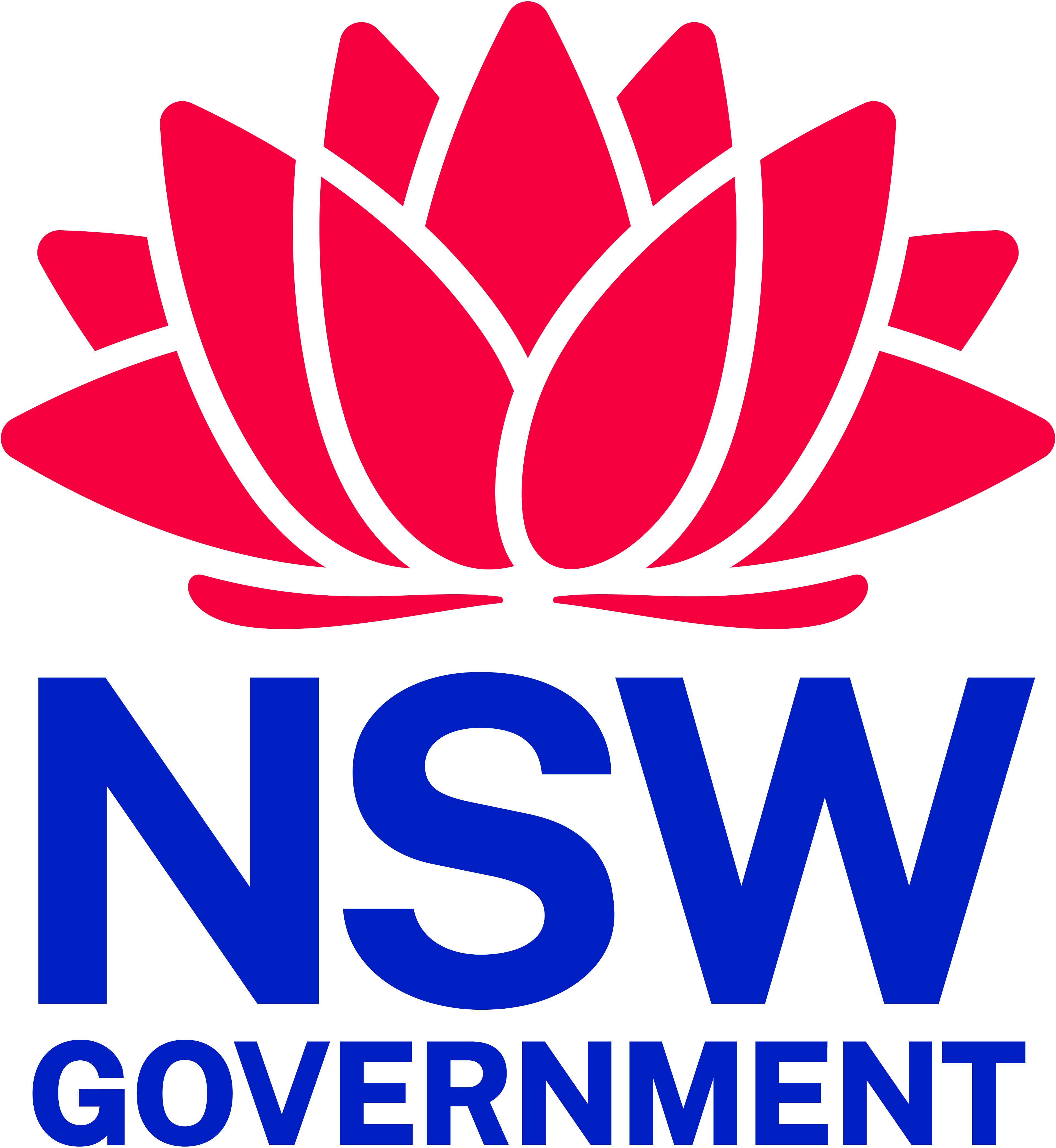 | 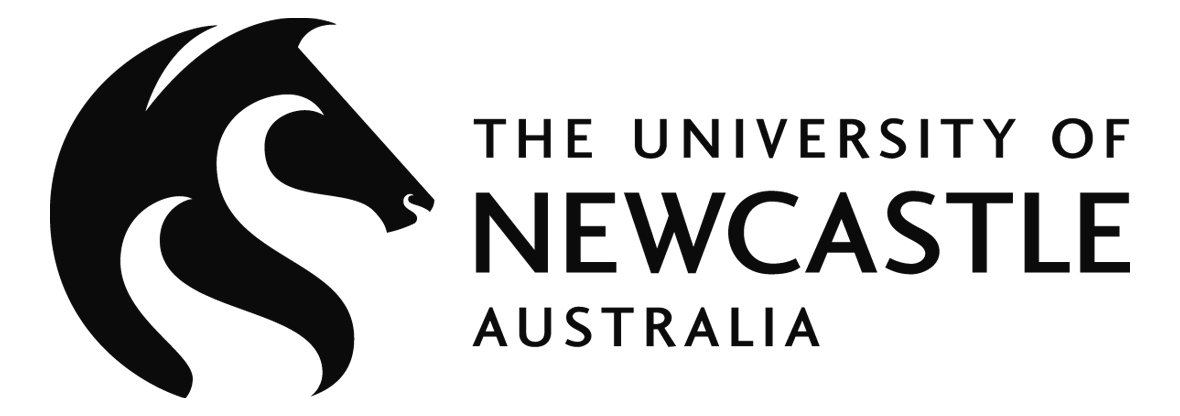 | 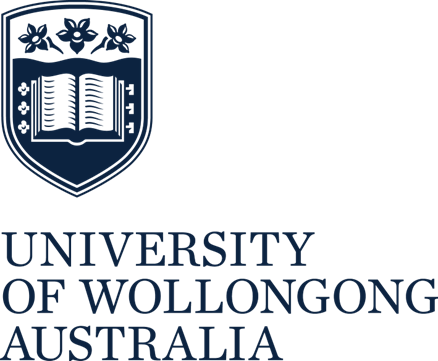 |  |
Background
DoE deemed the appointment of an external provider was necessary to ensure an objective and impartial approach. Purai Global Indigenous History Centre provides subject-matter expertise and culturally-responsive research practices and methodologies.
This project began in September 2023, where Purai commenced work in the NSW archives as a first step into our formal Truth Telling research.
Project development
Researchers from the universities of Newcastle, Wollongong and Sydney will use archival records, oral history interviews and Yarning Circles to inform the research. The work is guided by an Indigenous Australian Governance Group whose core members are: Emeritus Professor John Maynard, Associate Professor Marlene Longbottom and Mr Jake MacDonald.
NSW State Archive holds a wealth of documents from the late 1700s until the current day. These documents are little-known and notoriously inaccessible, yet they represent the wider attitudes among some people and government of the times.
As these archival records were mostly written by non-Indigenous people who controlled the education of Australian Indigenous children, it is also crucial to include theoral histories of Australian Indigenous adults from urban, regional and rural settings. Their educational experiences and impact as well as views on cultural learning will be the focus of these interviews.
Yarning Circles with Years 10–12 students will explore their experiences and aspirations in Indigenous education, including the learning resources they would like to see being used in schools to teach these subjects. Yarning Circles have been used by Indigenous Australians for thousands of years providing a safe place for all to speak without judgement.
Research Outcomes
The research will be used to write a report for the Department and create resources to educate their workforce, students and, perhaps, inform a departmental apology or public statement.
Community workshops will conclude the research in September 2024. Communities will be given access to these resources once the project has finished, providing them with the potential to write their own family/community school history and access archives.
Other broader benefits include:
- Indigenous Australian experiences represented in a significant report.
- A school curriculum that supports the principal of Truth Telling.
- Showing hidden truths promoting a more balanced view of history and greater understanding within Australian society.
Research Team
Brings together prominent anthropologists, educators, sociologists, linguists and historians from New south Wales.
Professor Kate Senior
Co-Director Purai Indigenous Global History Centre
University of Newcastle, Australia
Having always been interested in culture and the myriad of ways people live their lives Professor Kate Senior’s academic career began in 2003 at Charles Darwin University, Menzies School of Health Research. Since then, she has worked at the University of Wollongong (UoW) and University of Newcastle (UoN). Until her employment at the UoN, her work was primarily in multidisciplinary health research settings. Her position at UON allowed her to engage more fully in anthropological research and to engage in projects with humanities colleagues from a range of disciplines. She perceives that remote Aboriginal communities are often framed by their deficits and her work aims to reframe this discourse and bring the strengths and resilience of Aboriginal communities into the public discourse, both through her writing, research and teaching.
Professor Kathleen Clapham
University of Woolongong, Australia
Professor Clapham is an Aboriginal Australian, a decent of the Muruwari people of north-western NSW. She is a professor of Indigenous health and director of the Ngarruwan Ngadju First People’s Health and Well-Being Research Centre at University of Wollongong. She has specific skills in community engagement, the social determinants of health and education and translation research.
Professor Victoria Haskins
University of Newcastle, Australia
Professor Haskins has been employed as a full-time academic (Australian History) since 2000, first at Flinders University, South Australia then at the University of Newcastle in 2006. She has extensive experience in all aspects of historical research, writing and teaching, and is highly committed to collaborative and consultative engagement with First Nations scholars and communities. Combining her interest in public history and cultural outreach (as a former curator of Australian Social History at the National Museum of Australia) with her love of archival research, Professor Haskins has continuously focused on Indigenous/First Nations histories at all levels from family histories through to large transnational studies, including developing a leading subject on cross-cultural relationships in Australian history.
Professor Valerie Harwood
University of Sydney, Australia
Professor Harwood's research is centred on a social and cultural analysis of participation in educational futures. This work involves learning about collaborative, participatory and Indigenous-guided approaches in research and education, particularly in the field of educational justice with young people, families and communities. Her research has focused on sociological explorations of the complex ways in which educational disadvantage is produced based on an understanding of the connections between education, place, wellbeing.
Associate Professor Kathleen Butler
University of Newcastle, Australia
Associate Professor Kathleen Butler is an Aboriginal woman belonging to the Bundjalung and Worimi peoples of coastal New South Wales. She has been implementing culturally innovative pedagogy seeking social impact for 25 years. Her work spans disciplinary focus in sociology, anthropology and Indigenous Studies; broad leadership in Indigenisation of curriculum; and cross-disciplinary engagement with STEM. A/Professor Butler bases her scholarship of teaching and learning in place-based pedagogies which have expanded for local, regional, national and international impact and recognition. Her teaching is linked to providing meaningful practice- that extends to culturally capable students and transforming the environment in which graduates will work. This includes providing research and evaluation on success in schools in NSW Public Education; including Indigenous people in urban planning internationally, Aboriginal Community Language Planning and Aboriginal youth mental health innovations.
Dr Raymond Kelly
Adjunct Professor, University of Newcastle, Australia
As a Dhangatti and Gumbayngirr speaker, Doctor Raymond Kelly’s research is centred on the recognition and revival of Indigenous languages. Through his collaborative language research with multiple Indigenous communities across Australia, he has been able to make vital connections between different Aboriginal languages as part of his revitalisation work. In 2020 he launched an innovative language program, Muuya Banggi (Flying Breath) that brings together community language learners for shared language exploration, discussion and practice. Kelly has been integral in advising on language and his expertise is sought as a consultant for community and school language programs. He has been instrumental in helping build relationships between communities and government, and he has been called on to offer his advice on language policy and legislation. As a respected language researcher, speaker, performer, and knowledge-holder, Dr Kelly is well known for centering an Indigenous strengths-based approach in his ongoing contribution to Indigenous Language Ecologies.
Support Staff
Mr Aiden Powell
Project Coordinator
Aiden Powell is a Kamilaroi man, descendant from the Guyinbaraay People of the Gamilaraay clan in Gunnedah, North-West NSW, and has cultural ties to the Wonnarua People where he spent his childhood growing up in Muswellbrook. Since completing a Bachelor of Music at the University of Newcastle, he has commenced a PhD in Contemporary Aboriginal Music. Aiden is immersed in research and has hands-on experience in the industry. His research From Songlines to Spotify focuses on traditional and contemporary Aboriginal culture within the framework of music, drawing on elements of sound and Aboriginal language, conceptualising them in contemporary compositional works. Aiden positions himself to allow a cultural-insider perspective from personal lived experiences allowing further reflection, growth and discovery in both creative and personal identities. Combining lived personal experiences and pre-existing Indigenous research methodologies is a powerful way to contribute to knowledge. Aiden works as a researcher at Purai, the university’s Global Indigenous History Research Centre and is currently project managing Truth Telling: A History of Indigenous Education in NSW.
Monica Bridge
Research Assistant
Monica Bridge is a proud descendent of the Muruwari and Ngemba people of North-Western NSW. Monica's qualifications include a Master of Indigenous Health and Graduate Certificate in Indigenous Trauma and Recovery Practice, completed through the University of Wollongong, in addition to other qualifications in early childhood education and fine arts. Monica is employed in a variety of roles across education, as an Aboriginal Education Officer for the Department of Education, Project Coordinator for the University of Melbourne, Research Assistant at the University of Newcastle, as well being a practising visual artist. Monica's experience includes working with children, youth, and adults, from preschool to university, and with numerous Aboriginal communities across NSW. She is passionate about increasing awareness about Aboriginal culture and history, and contributing to positive outcomes for Aboriginal communities, through arts practice, research, and education."
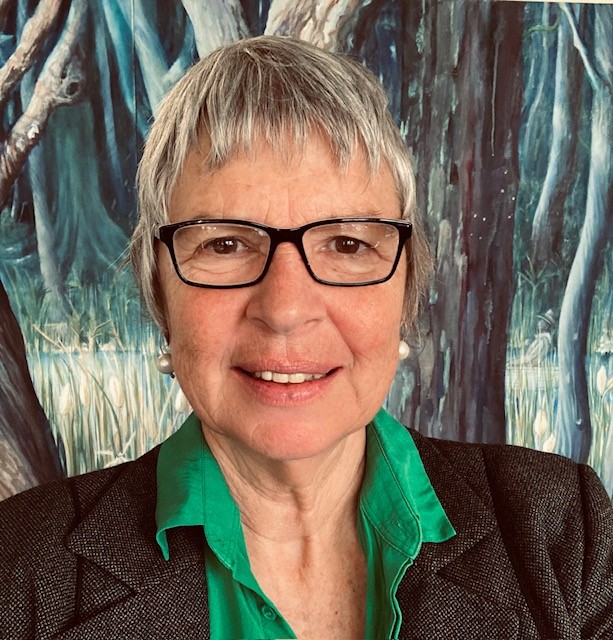
Coralie Properjohn
Research Assistant
Coralie has a background in clinical social work including mental health, physical rehabilitation services and palliative care. In 1995 she worked on the National Inquiry into the Separation of Aboriginal and Torres Strait Islander Children from their families. She has been involved in research since completing her MSW (Research) in women’s mental health in 2000. She has held various positions on research projects in geriatric/family medicine, women’s health, program evaluation for parents involved with child protection services. She is currently completing her PhD on the experiences of Aboriginal Elders under assimilation.
Dr Jacqueline Wright
Research Assistant
University of Newcastle, Australia
Dr Wright has over twenty years’ experience in the linguistics, publishing, educational and media fields. With writing, editing, research and broadcasting experience, she has worked at institutions such as Magabala Books and ABC Kimberley. She is also an Adjunct Fellow at Curtin University, WA, where she was awarded a DCA in the School of Communication and Culture Studies for exploring the ethics of representation of Indigenous peoples in works of fiction by non-Indigenous authors. She participated in an ARC Discovery Project study centred on NSW’s Aborigines Protection/Welfare Board.
- T: +61 (0)2 4921 7408
- E: truthtelling@newcastle.edu.au
Dr Naomi Parry
Historical Consultant, Preliminary research
University of Tasmania, Australia
Naomi Parry Duncan is a prize-winning writer and accredited professional historian. She specialises in social history and community history projects, including stories of forgotten Australians and former child migrants, settler colonialism, and the stolen generations. She has prepared a wide range of heritage documentation, including listings and significance assessments. She is a policy professional and a skilled editor of non-fiction, from web-based projects to book-length projects, and has taught writing in the University of Tasmania’s Diploma of Family History. She is president of the Professional Historian’s Association of NSW and Blackheath History Forum, an Adjunct Researcher at the University of Tasmania and a Ministerial Appointment to the Board of the State Records Authority of NSW. Her forthcoming book on the Gai-mariagal warrior Musquito will be published by Allen & Unwin in 2024 and has been supported by the Hazel Rowley Literary Fellowship, the Australia Council for the Arts, the Copyright Agency and the Australia Institute.
The University of Newcastle acknowledges the traditional custodians of the lands within our footprint areas: Awabakal, Darkinjung, Biripai, Worimi, Wonnarua, and Eora Nations. We also pay respect to the wisdom of our Elders past and present.
